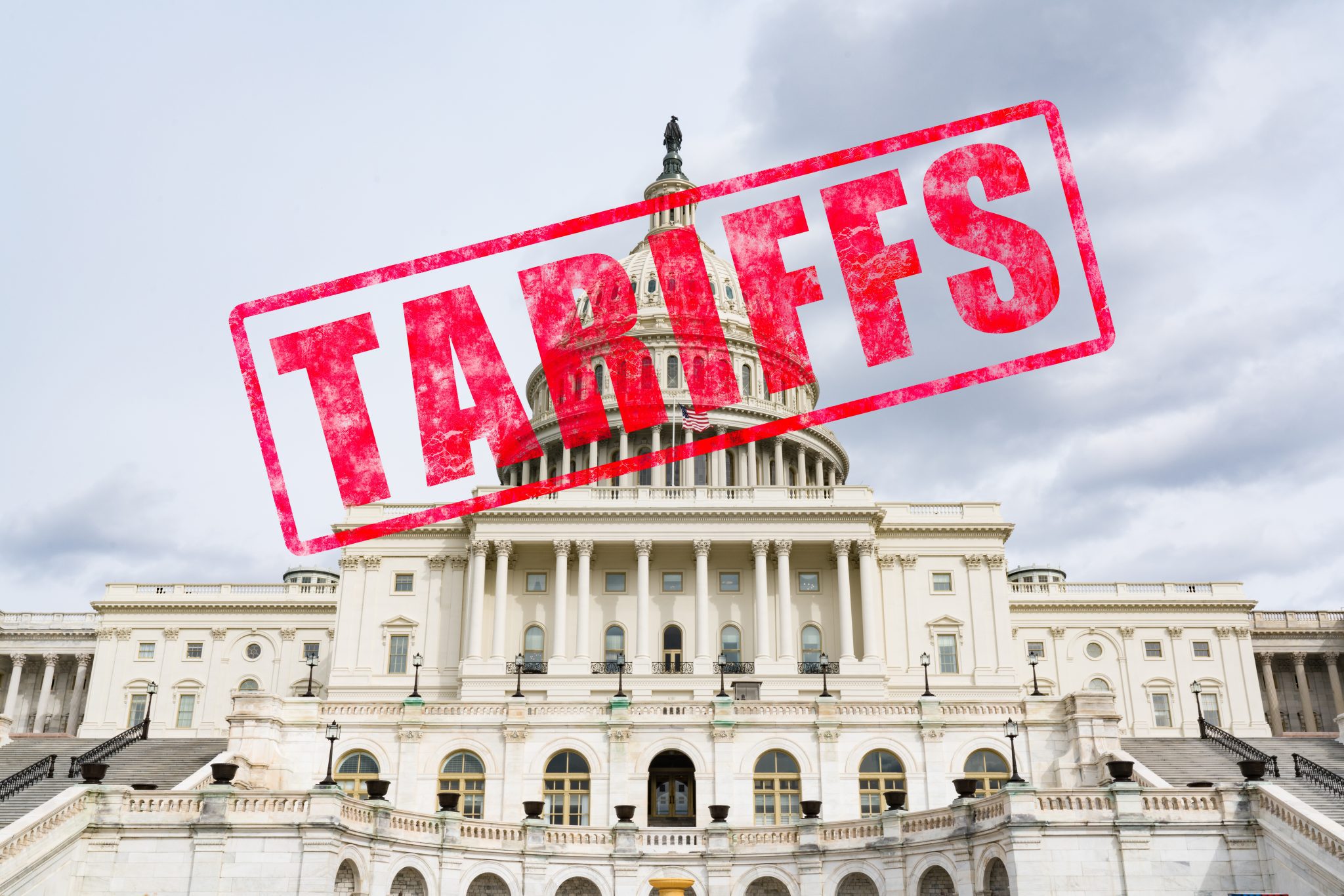Despite the continuing pushback on President Donald Trump’s decisions on trade, an article from the Washington Examiner has reported that the White House is still considering imposing a 25 percent tariff on automotive imports. Over the past several months, along with imposing steep tariffs on aluminum and steel, Trump has also been ramping up more threats for more tariffs and many experts are concerned these could cause significant issues between the U.S. and its allies.
One of the main countries that the U.S. will likely receive backlash from is China. Trump has said (and tweeted) that China is being very “unfair” and that the U.S. is being “ripped off” by China as well as other countries, even criticizing Japan. A September 10, 2018 CNBC report noted that a CLSA strategist stated that it wouldn’t be “logical” for the U.S. to impose tariffs on auto imports from Japan since Japan does not impose duties on its imports, yet Trump has indicated Japan might be the target of the next tariff disputes anyway.
Amidst the tense uncertainty regarding the NAFTA deal between the U.S., Mexico, and Canada that could potentially shake up the economies of the countries, Trump is still not backing off of his criticism of Canada, even stating his potential tariffs would be the “ruination” of the Canadian economy according to an article from The Detroit News. Rob Gillies of The Associated Press reported that around 75 of Canada’s exports go to the U.S., meaning the tariffs could hit the country hard. Within the past week, Trump hinted that auto tariffs could be the “push” that is needed in order for Canada to agree to a better trilateral agreement, but whether or not an agreement will be made soon is unclear.
As for the European Union, a Euractiv article published on August 30 detailed that the EU would be open to zero-auto-tariff deal if the U.S. reciprocated. Of course, this could be viewed as a step to a better relationship with the EU; however, Trade Commissioner Cecilia Malmström still made the point that the EU disagrees with the U.S. on trade and does not agree that trade wars are “good,” as Trump has stated in the past. Another spokesperson also warned the EU is ready to “respond swiftly and forcefully” should the U.S. impose new tariffs, including auto tariffs.
Within the past few months, large automakers have also released statements thoroughly opposing the tariffs and there is a large disconnect between the Administration’s claims and how automakers feel. For example, just this past weekend Trump suggested Ford will now make their new Focus Active crossover vehicle in the United States. Soon after, Ford disputed these claims, stating they had actually halted their plan of moving production to the U.S. “because of costs from the escalating trade war.”
It has been quite a hurdle for the White House to prove that imported autos and auto parts are a “threat to national security,” yet tariff impositions and threats have not slowed down. Not only does this concern other countries and automakers, but it is also worrying to 56% of franchised dealers, according to Steven Finlay of WardsAuto. The U.S.’s automotive industry is in a much better place than it was a decade ago, but many dealerships anticipate tariffs could have a devastating negative impact on them as well as consumers.
Overall, allies of the U.S., carmakers, and many automotive organizations have been warning the Trump Administration that the tariffs will cause layoffs and a jump in prices of autos and auto parts; however, like we’ve seen in the past, Trump does not seem to be taking their concerns into consideration.








